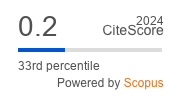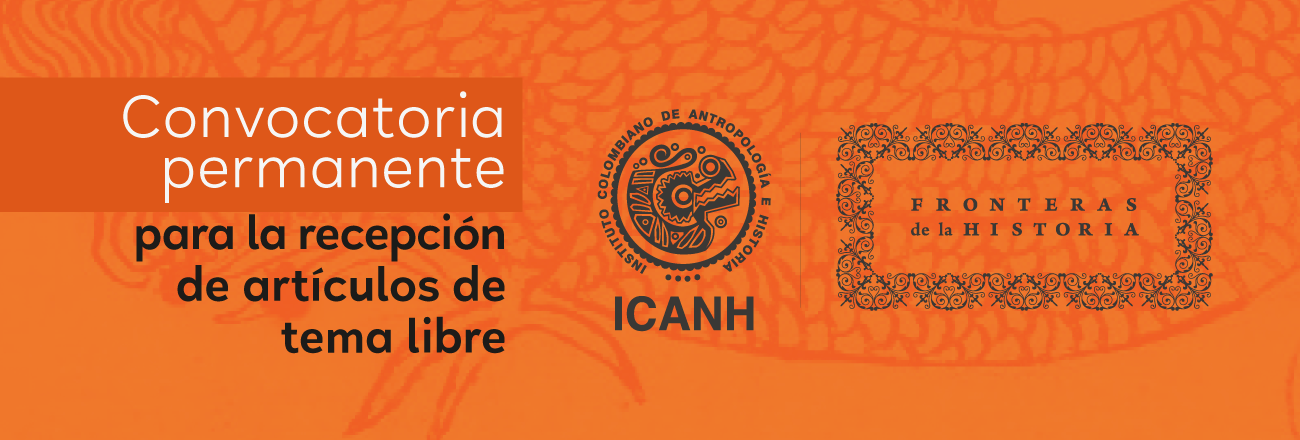Arrebato. The revenge of the images
Abstract
This essay analyzes the collision between the technological and cultural elements in the Spanish film Arrebato (Iván Zulueta, 1979), to present the film as an aesthetic reflection on the abrupt irruption of audiovisual representation (cinema, television...) to the center of Spanish social life during its Transition to democracy. The political transition is subsumed by an aesthetic transition that results from the progressive convergence between the political system changes and late capitalism. As a result of this novelty, Arrebato transforms into terror the cultural inability to deal with an iconic pluriverse that has liquidated the centrality of written culture. The protagonists of the film are fascinated and involved in an aesthetic transition, an iconic turn, where the images that previously had a symbolic value are now self-referential. On the material basis of the analogic image, Zulueta anticipates the aesthetic and cultural concerns common to immaterial digital reproduction systems.
Downloads
References
Benjamin, W (2003): La obra de arte en la época de su reproductibilidad técnica, México DF, Editorial Itaca.
Brea, J L. (2008): El tercer umbral. Estatuto de las prácticas artísticas en la era del capitalismo cultural, Murcia, CENDEAC.
Bukatman, S. (1994): “Bataille y la nueva carnalidad”, Revista de Occidente, pp. 113-140.
Castells, M. (1997): La sociedad red. Volumen 1: La era de la información: Economía, sociedad y cultura, Alianza Editorial, Madrid.
De Kerckhov, D. (1998): La Piel de la Cultura: Investigando la nueva realidad electrónica, Barcelona, Gedisa.
Derry, M (1998): Velocidad de Escape: La cibercultura en el final del siglo, Madrid, Ediciones Siruela.
Fontcuberta, J. (1998): “Después de la fotografía: identidades fugitivas”, El Paseante, 27/28: La revolución digital y sus dilemas, Madrid, Ediciones Siruela, pp. 100-109.
Gómez Tarín, F. J. (2001): Arrebato, Valencia, Ed Octaedro.
Heidegger, M, (1997): “La pregunta por la técnica”, en Filosofía, Ciencia y Técnica, Santiago de Chile, Editorial Universitaria.
Heredero, C. F. (1989): Iván Zulueta. La vanguardia frente al espejo, Alcalá de Henares, Festival de cine de Alcalá de Henares.
Manovich, L (2001): El lenguaje de los nuevos medios de comunicación: La imagen en la era digital, Barcelona, Paidós comunicación.
Marcuse, H (1983): Eros y Civilización, Madrid, SARPE.
Molinuevo J L (2002): “Nihilismo y técnica”, en Diccionario Crítico de Ciencias Sociales, Universidad Complutense, Madrid. http://www.ucm.es/info/eurotheo/diccionario.
Molinuevo, J L (2004): Humanismo y Nuevas Tecnologías, Madrid, Alianza Editorial.
Molinuevo, J L (2006): “La orientación Estética”, en Real /Virtual en la estética y la Teoría de las Arte, Barcelona, Paidós.
Mora, J (1998): Arrebatos (Documental).
Pagán, A (2006): “Residuos experimentales en Arrebato”, en R. Cuerto, ed., Arrebato ... 25 años después, Valencia, La Filmoteca.
Sánchez-Biosca, V (1995): Una cultura de la fragmentación. Pastiche, Relato y Cuerpo en el cine y la televisión, Valencia, Filmoteca de la Generalitat Valenciana (Conselleria de Cultura).
Sontag, S (1984): “Notas sobre lo Camp”, en Contra la Interpretación y otros ensayos, Barcelona, Seix Barral.
Vilarós, T M (1998): El mono del desencanto. Una crítica cultural de la Transición española (1973-1993), Madrid, Siglo XXI.
Virilio, P (1998): “Hay que defender la historia” en El Paseante Nº 27/28: La revolución digital y sus dilemas, Madrid, Ediciones Siruela, pp. 74-77.
Copyright (c) 2023 Jose Antonio Aguirre Pombo

This work is licensed under a Creative Commons Attribution-NonCommercial-ShareAlike 4.0 International License.

Esta obra está bajo licencia internacional Creative Commons Reconocimiento-NoComercial-CompartirIgual 4.0.









_18.09_.00_1.png)


















